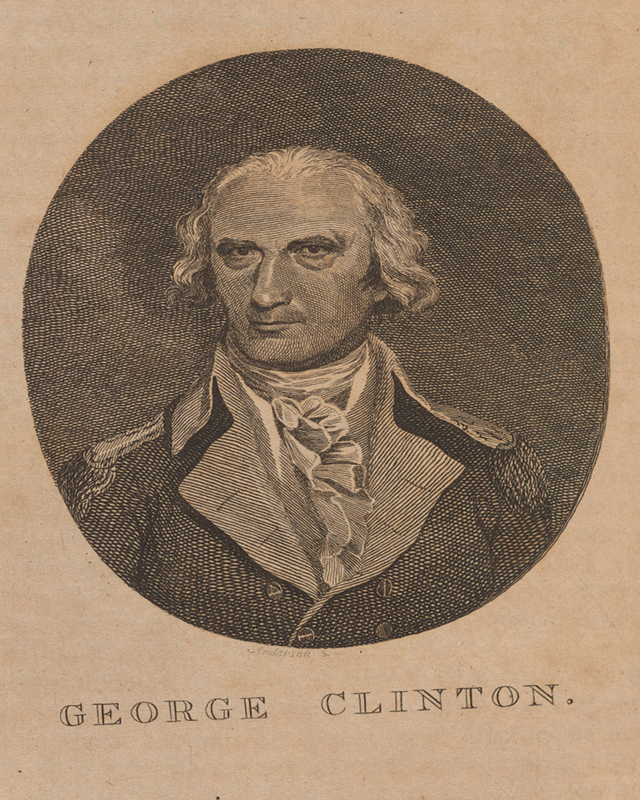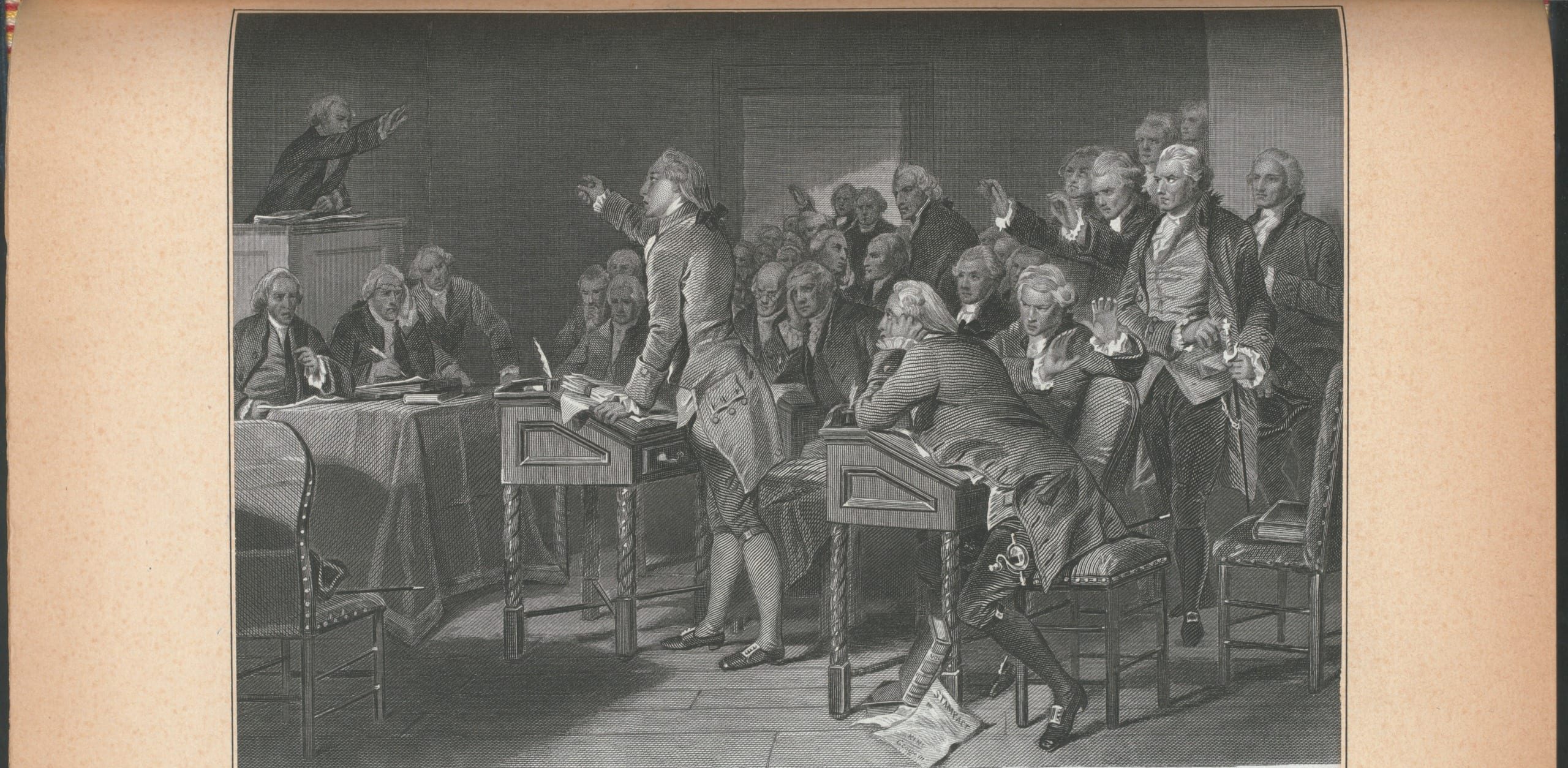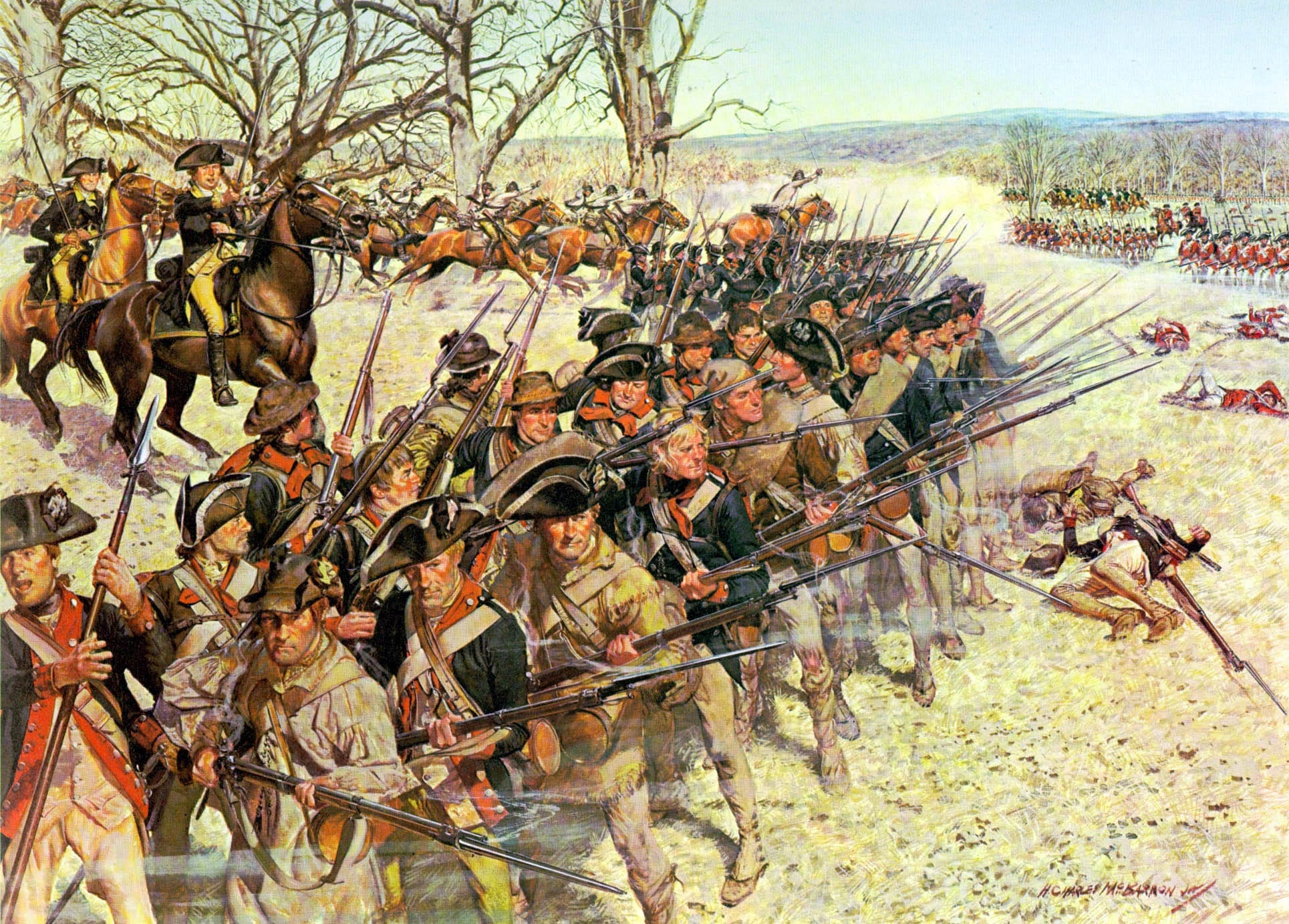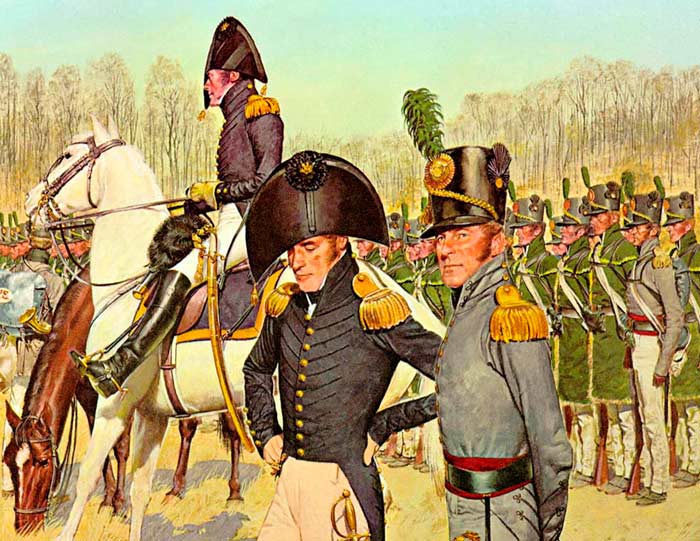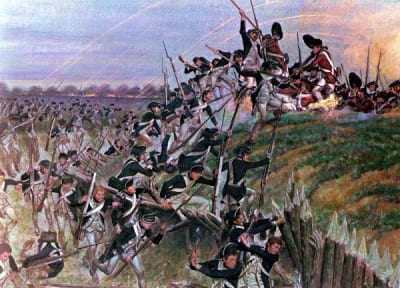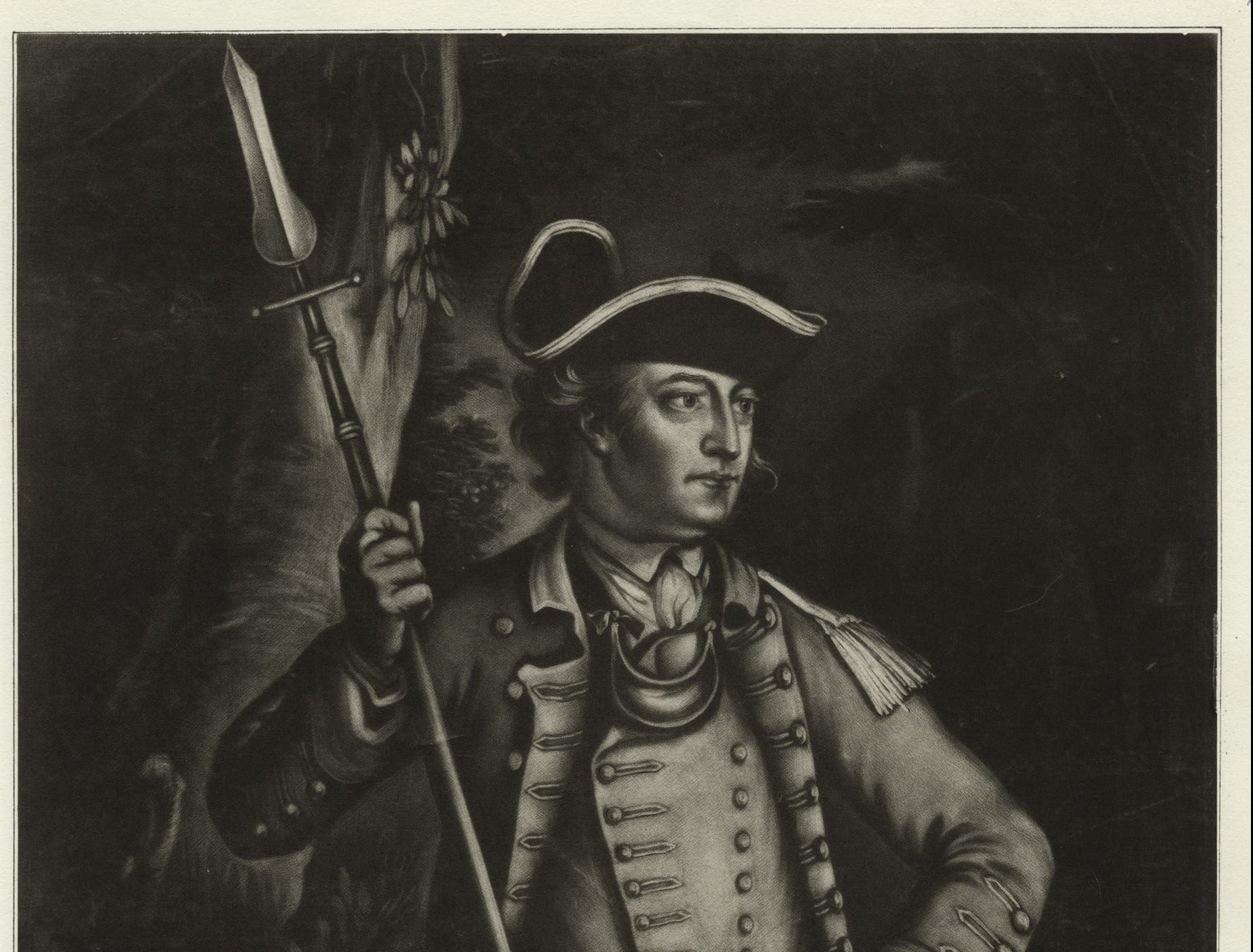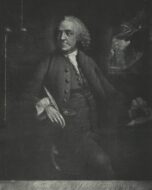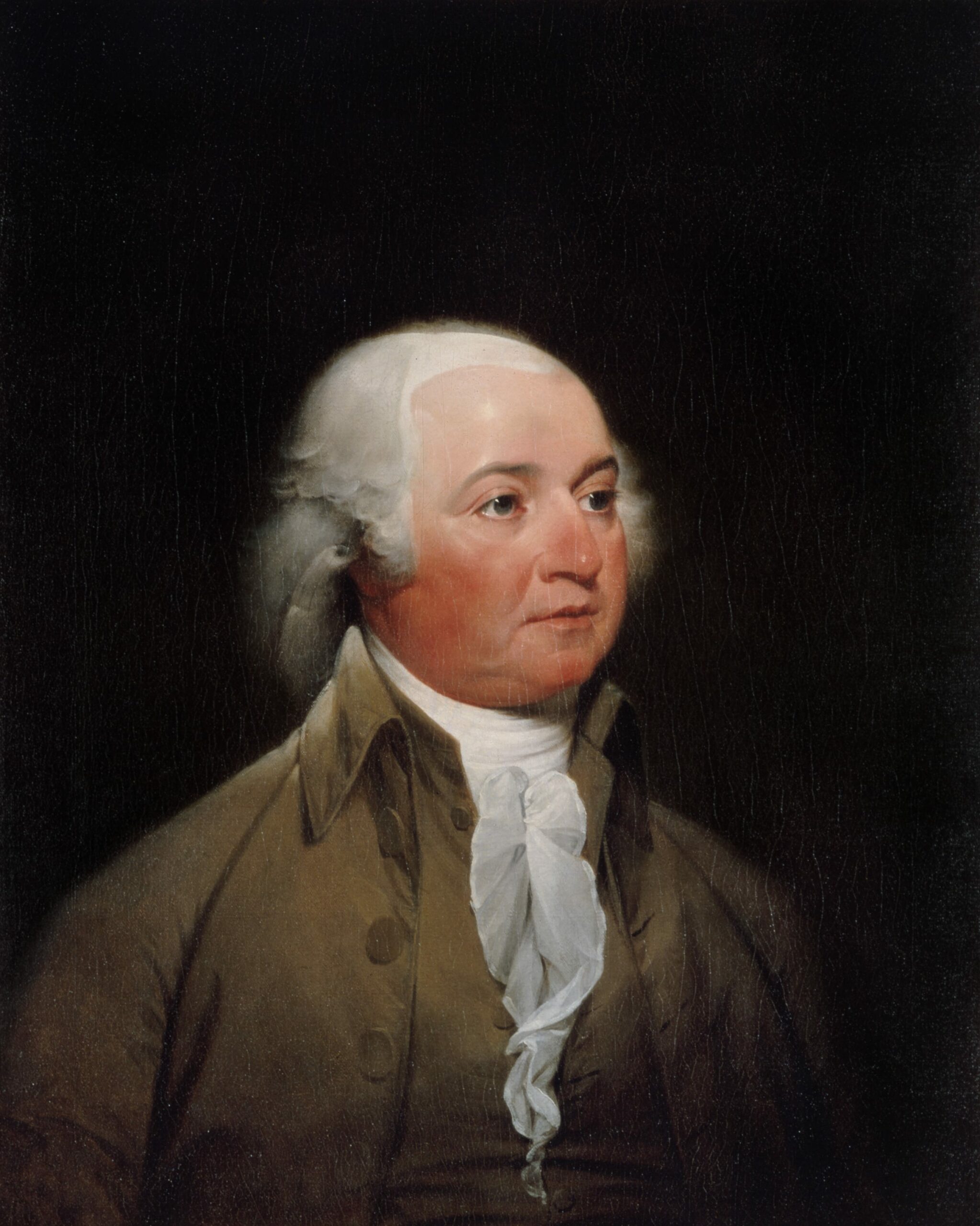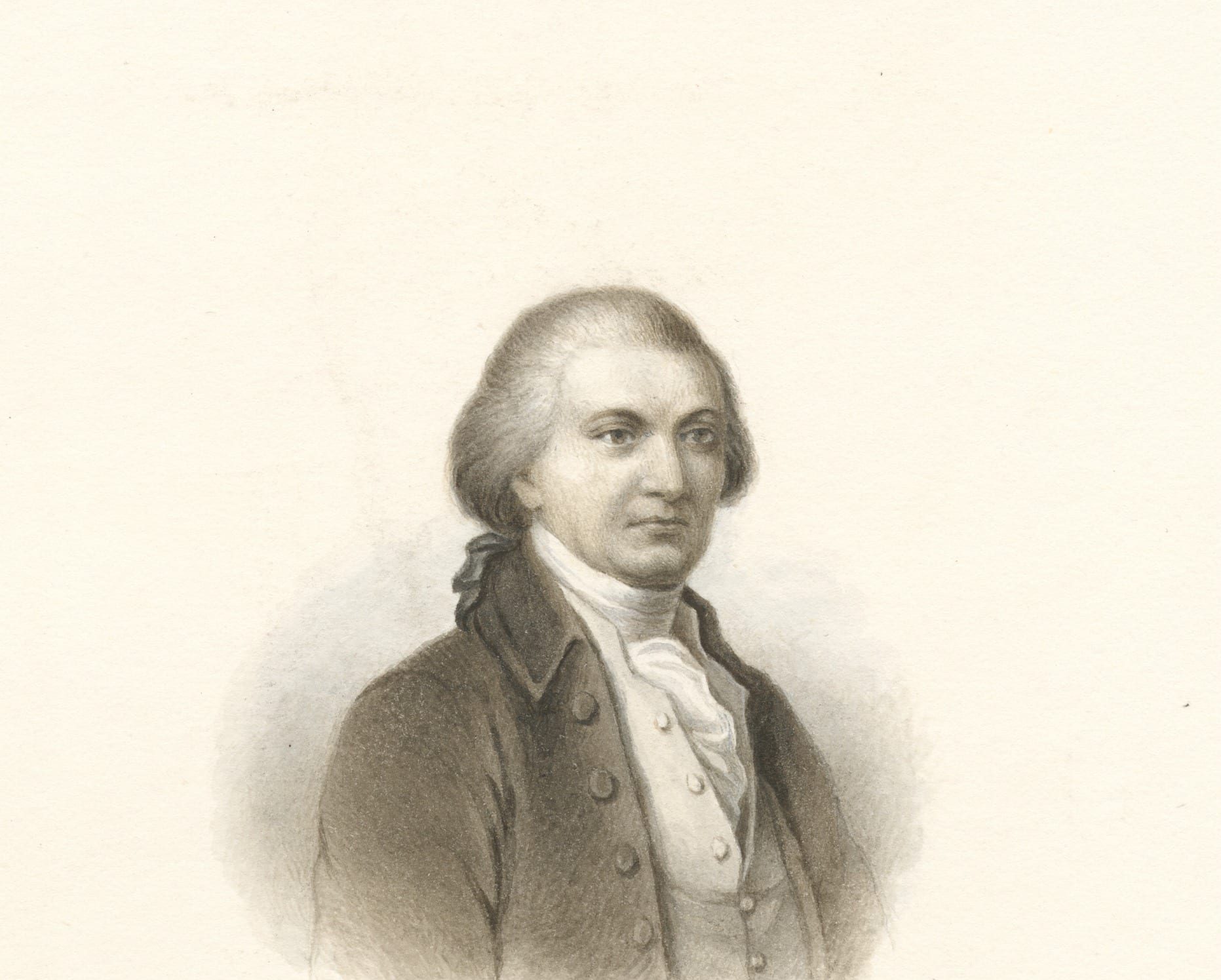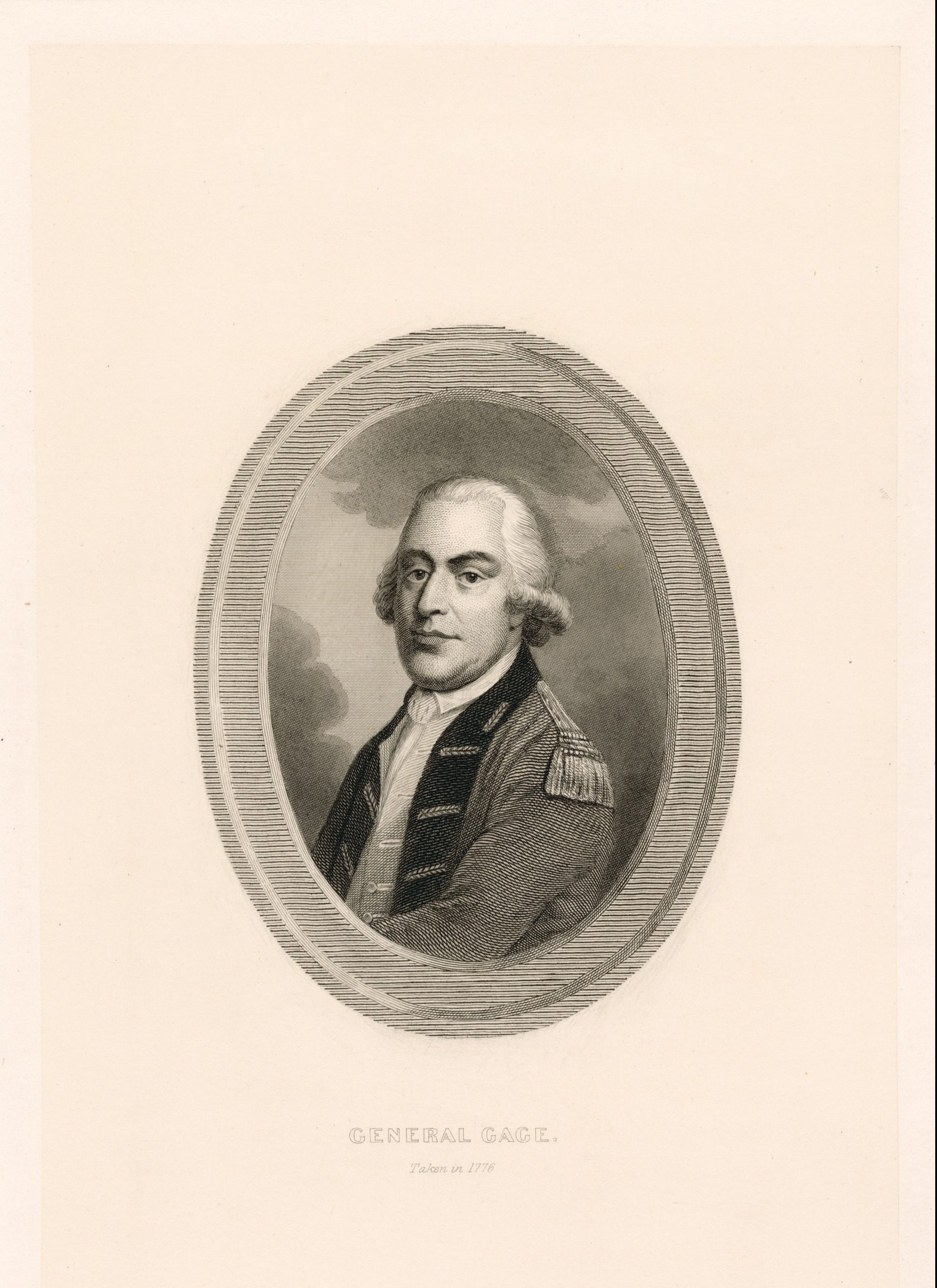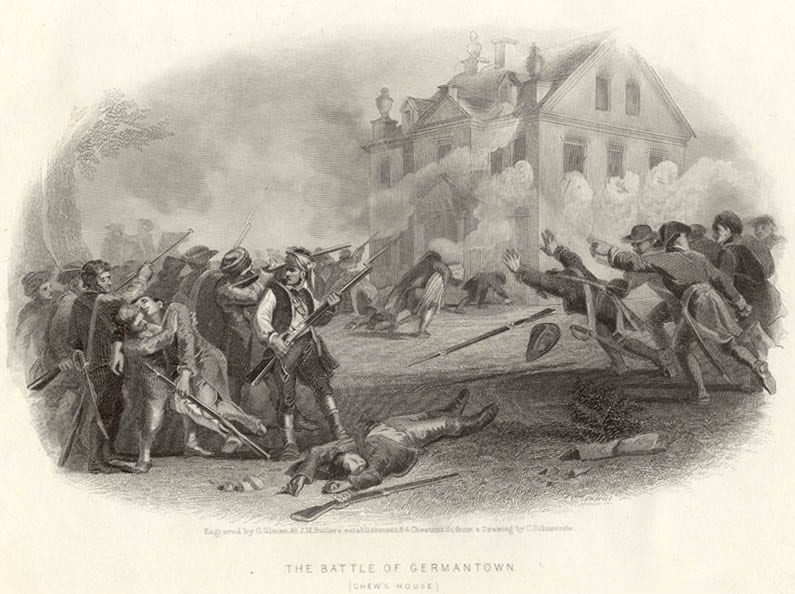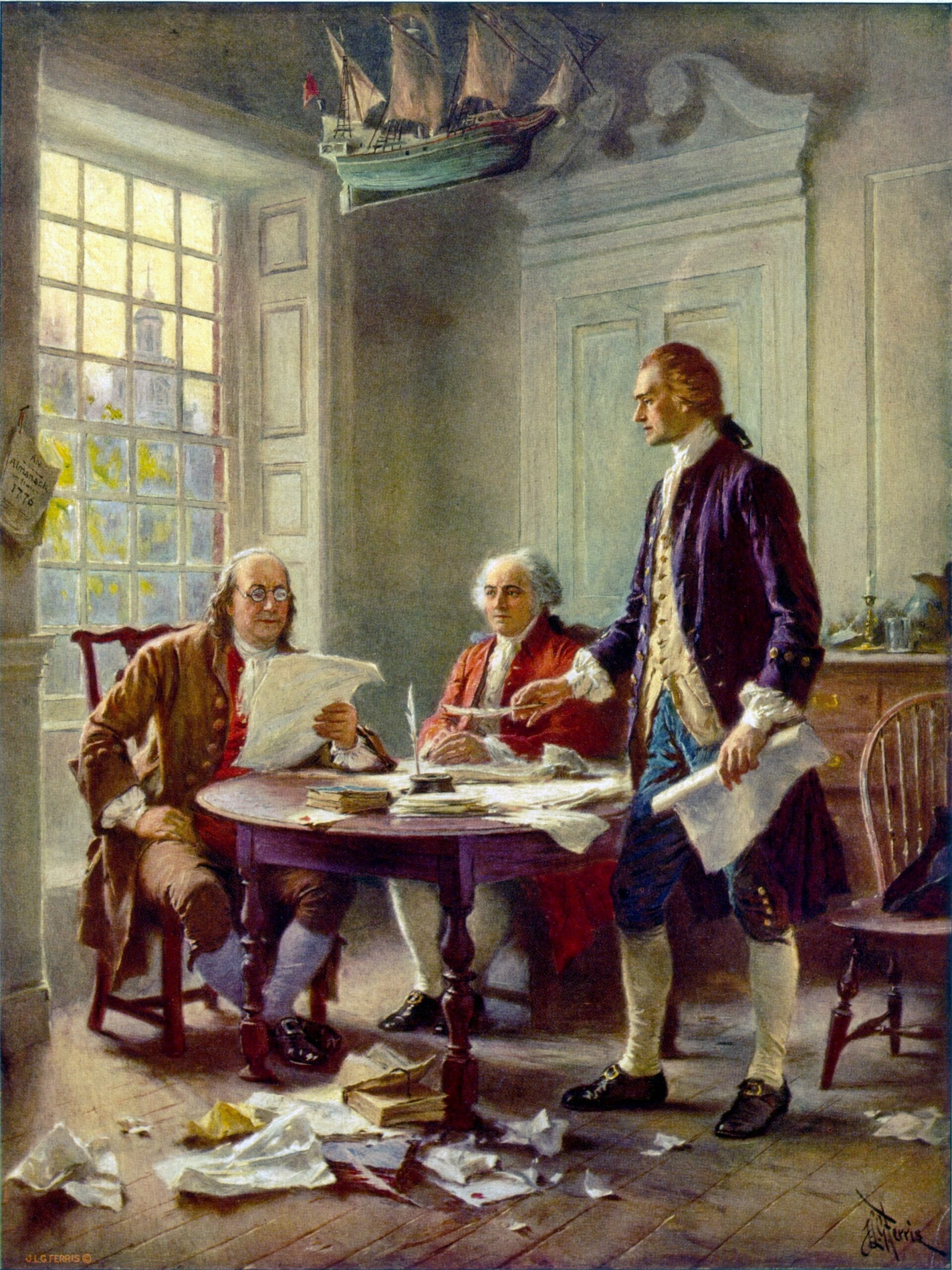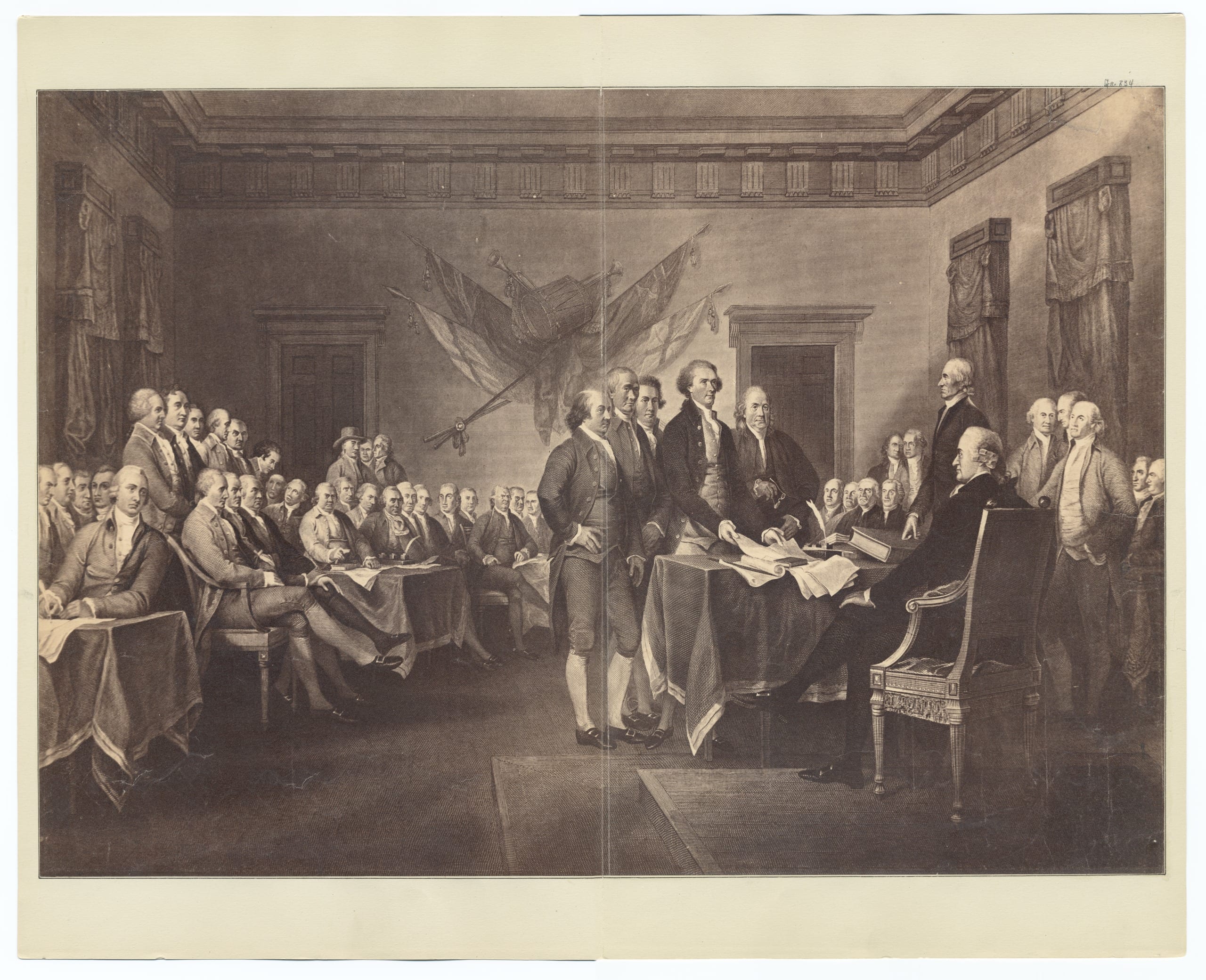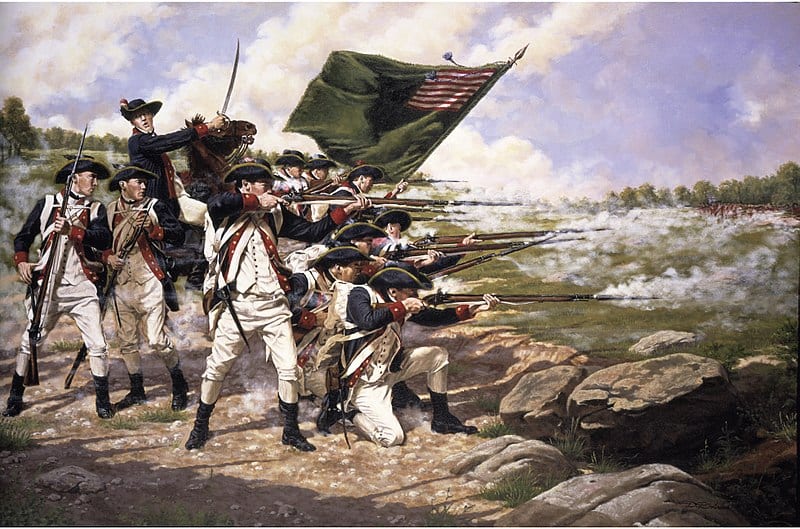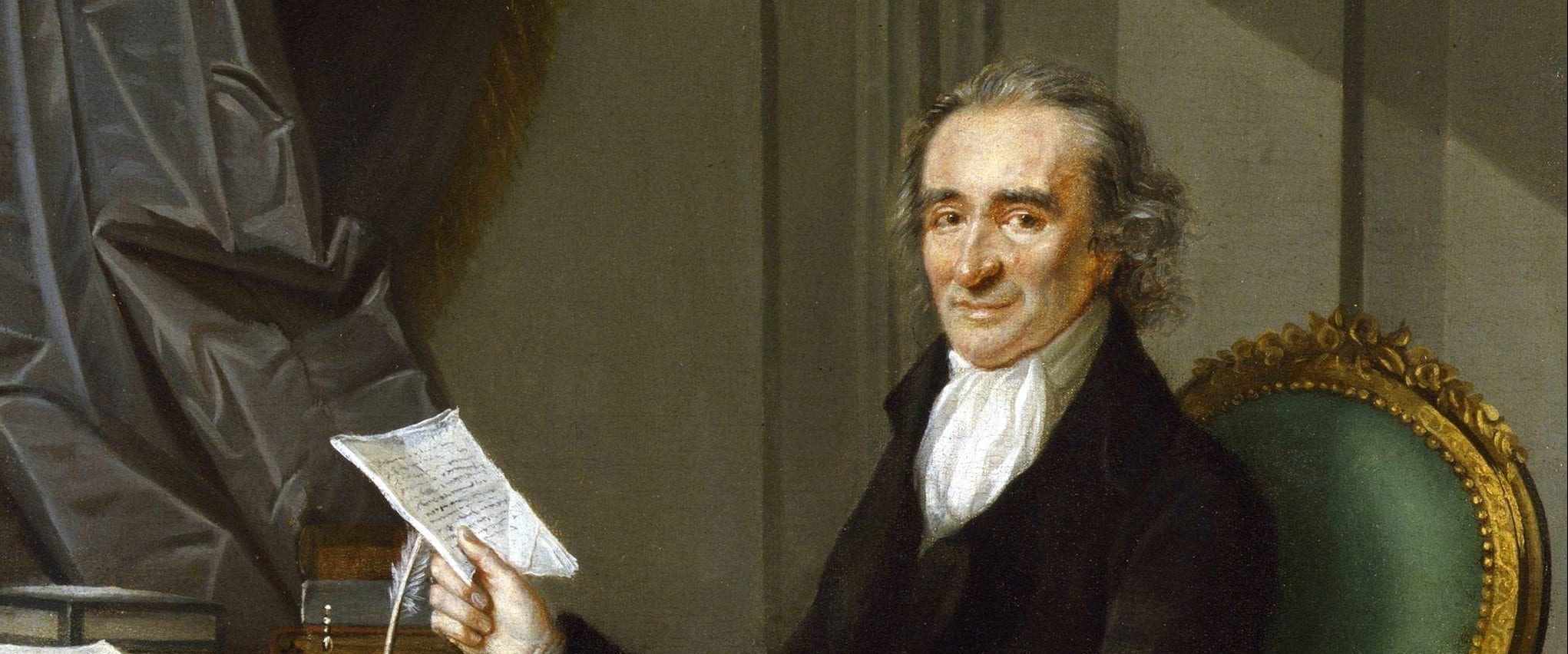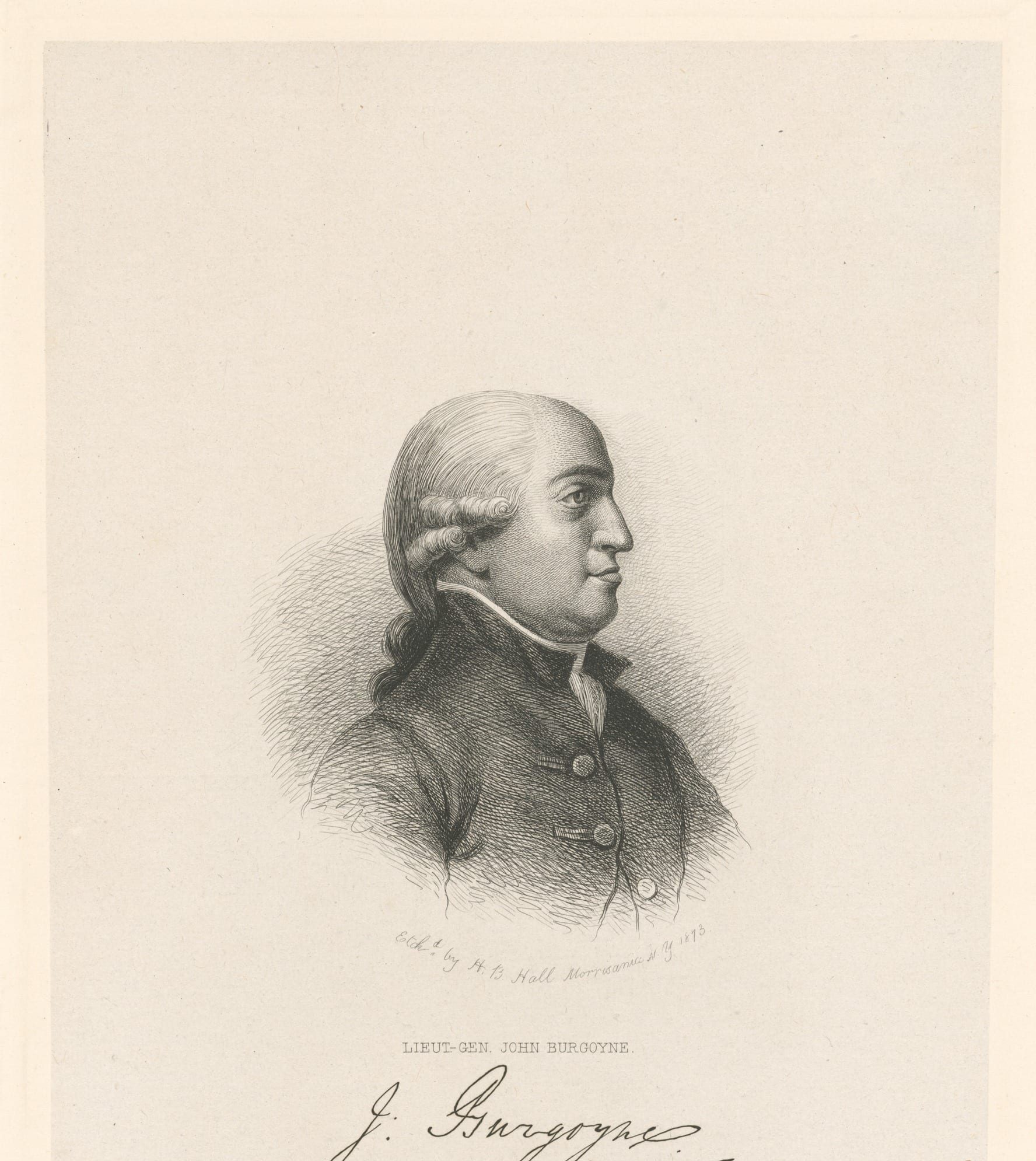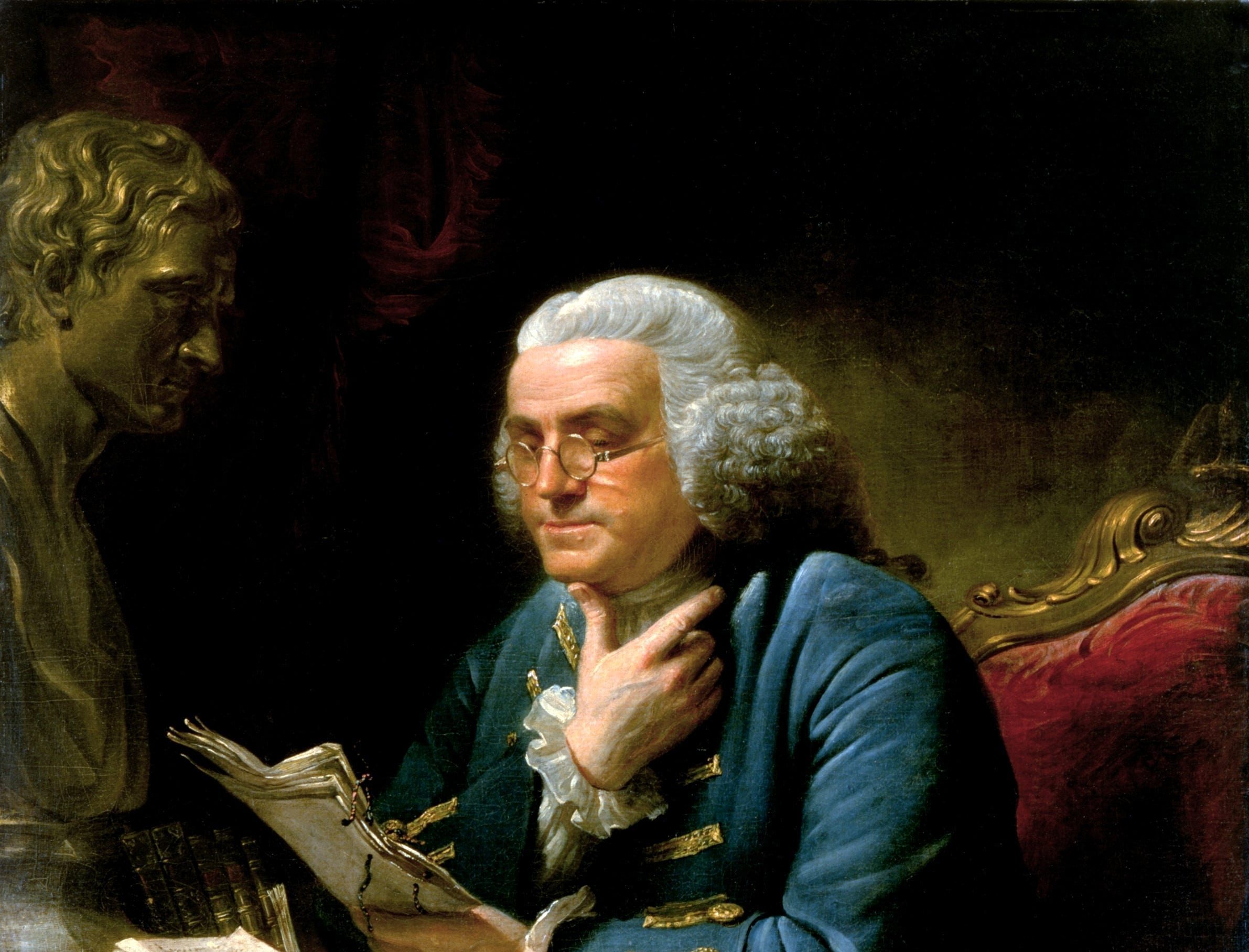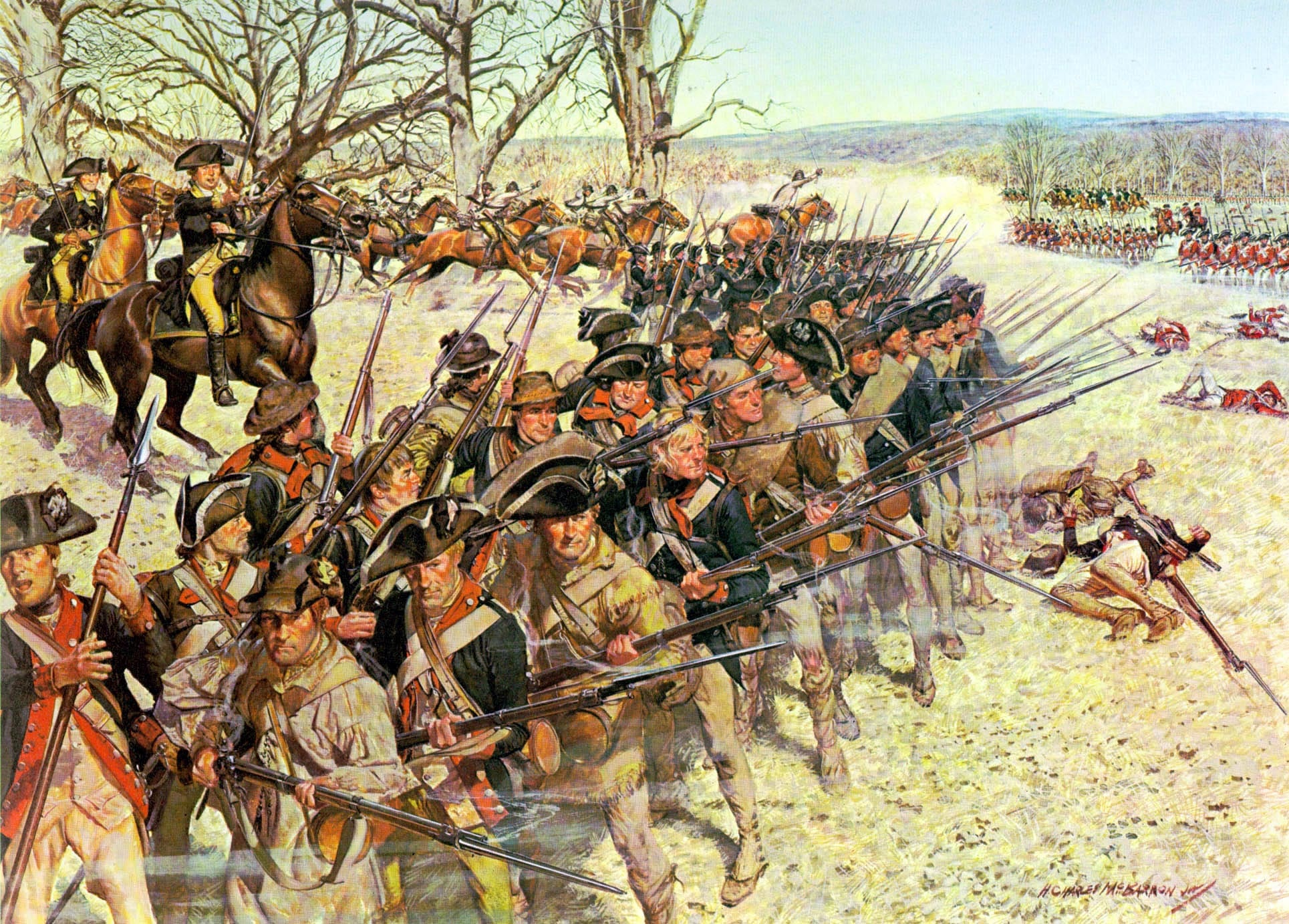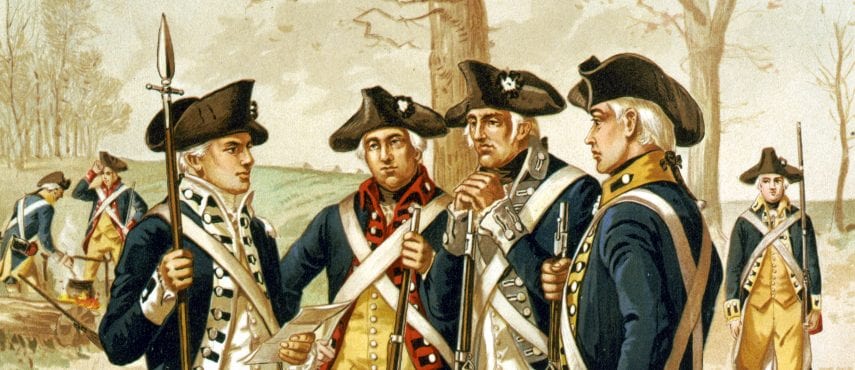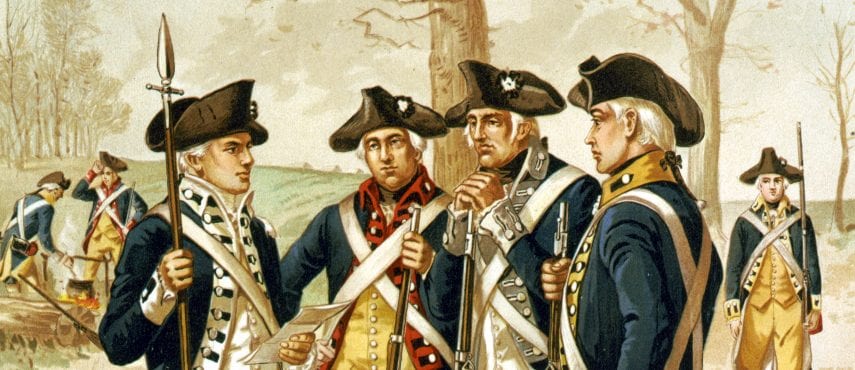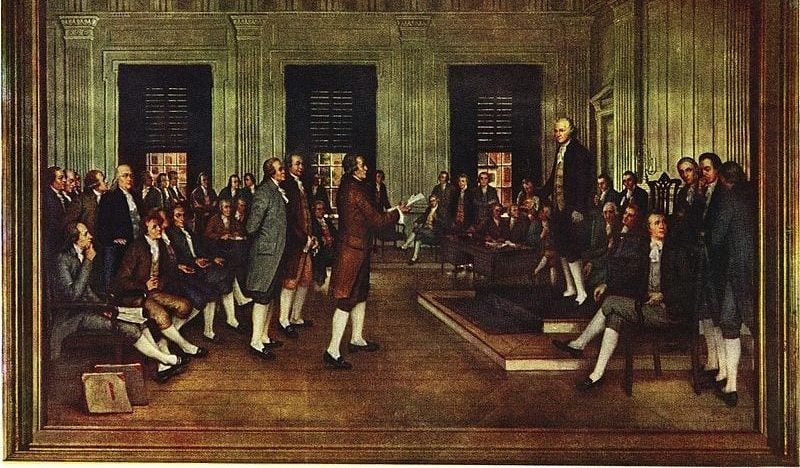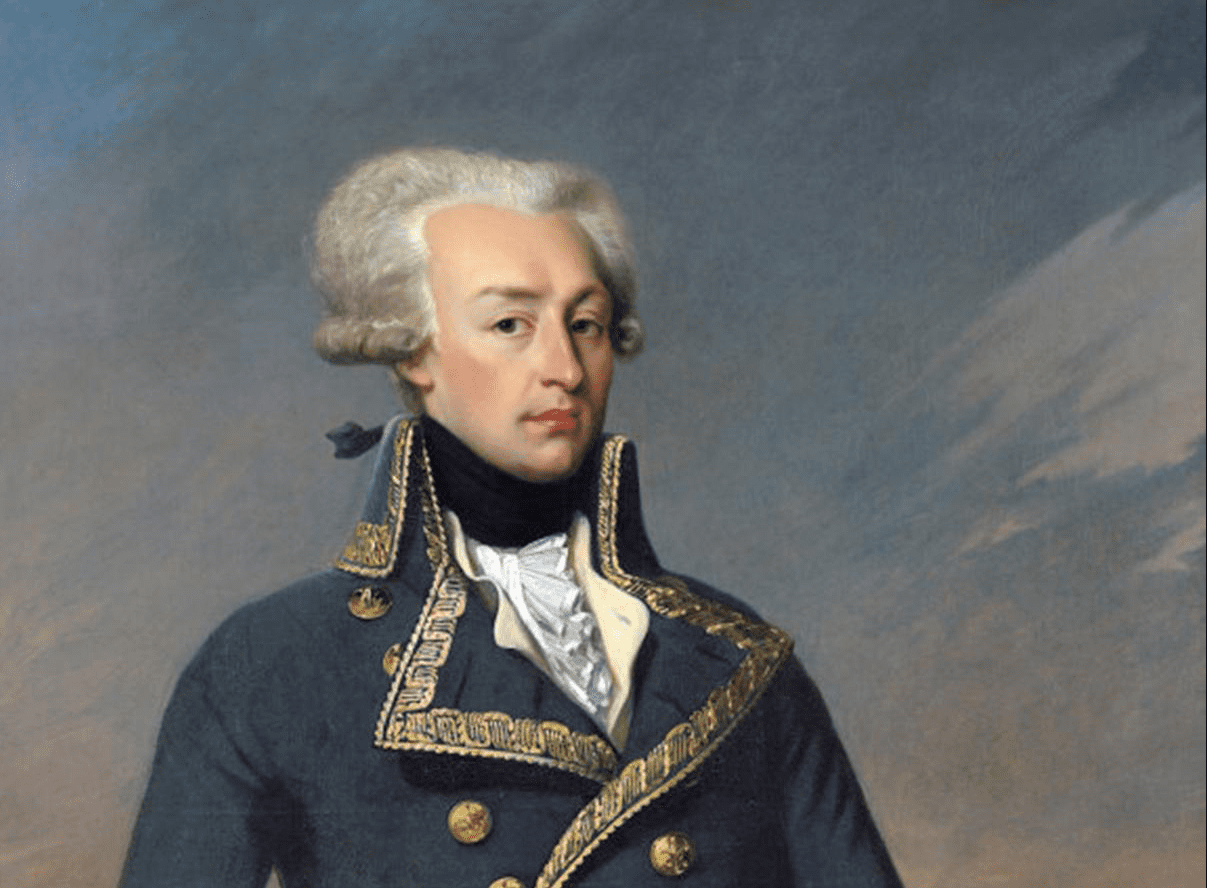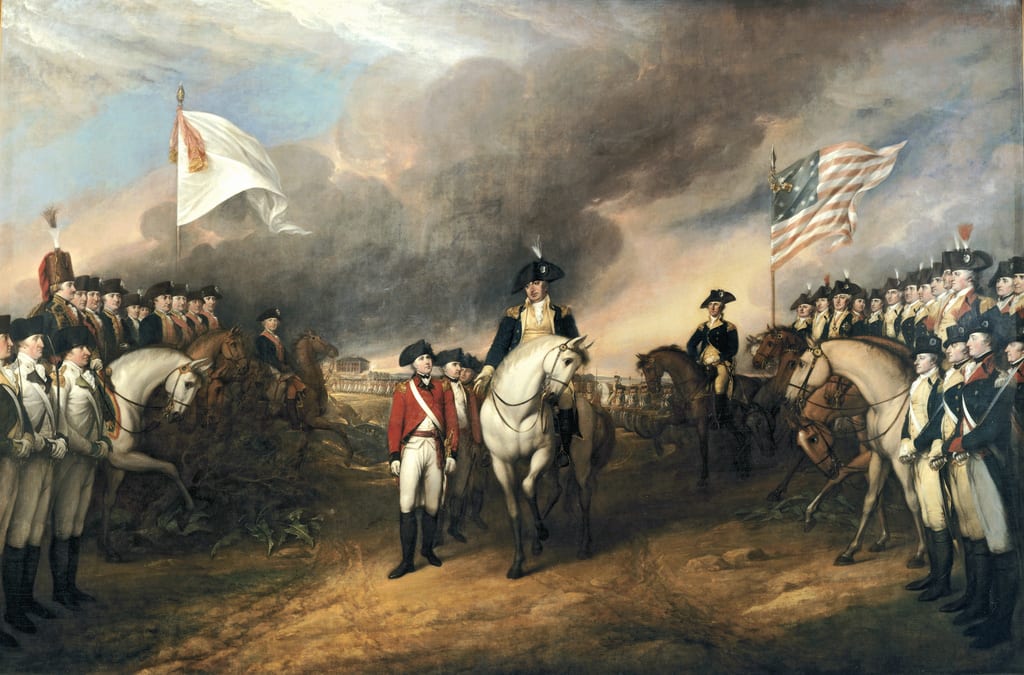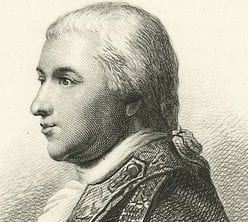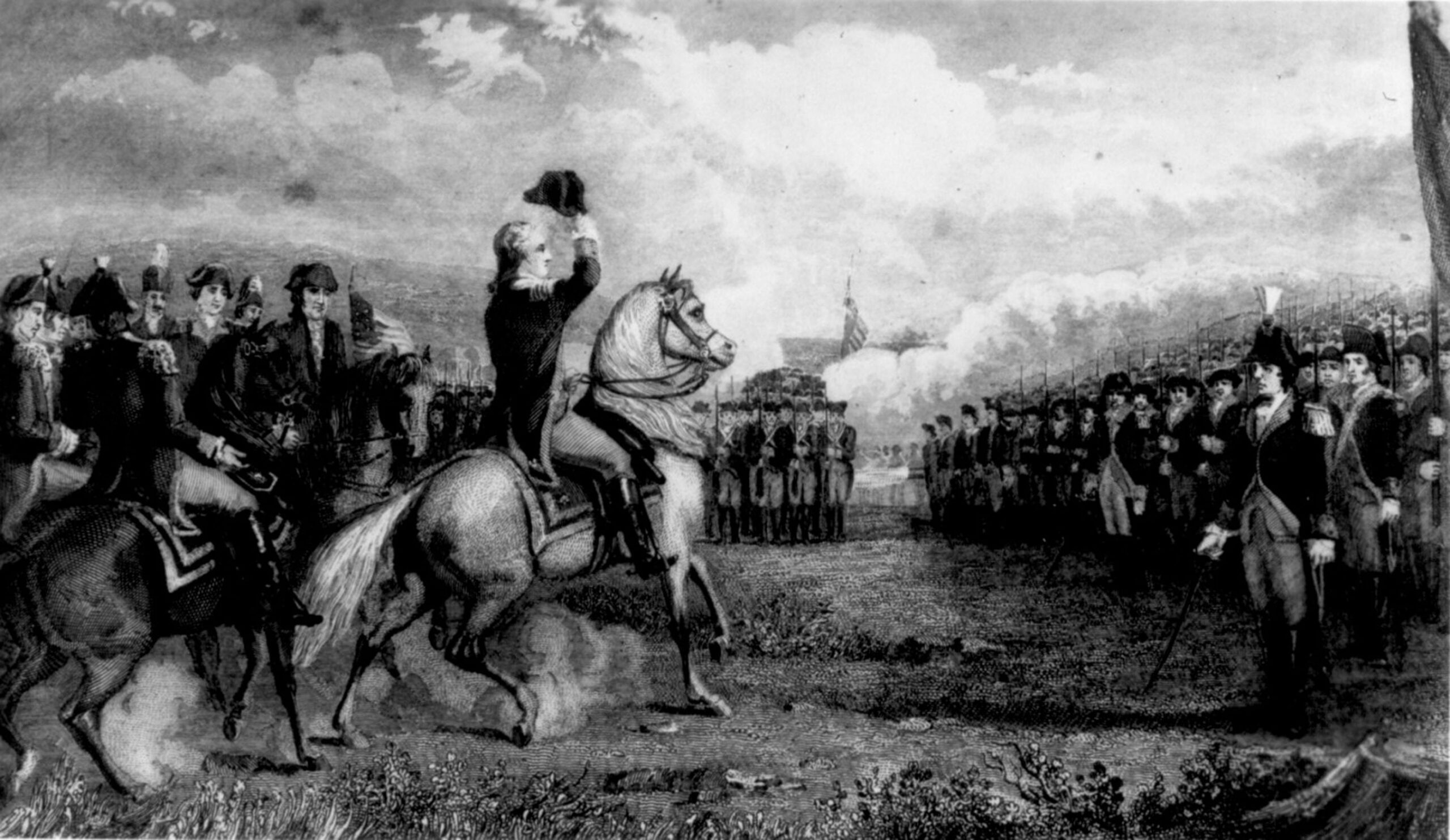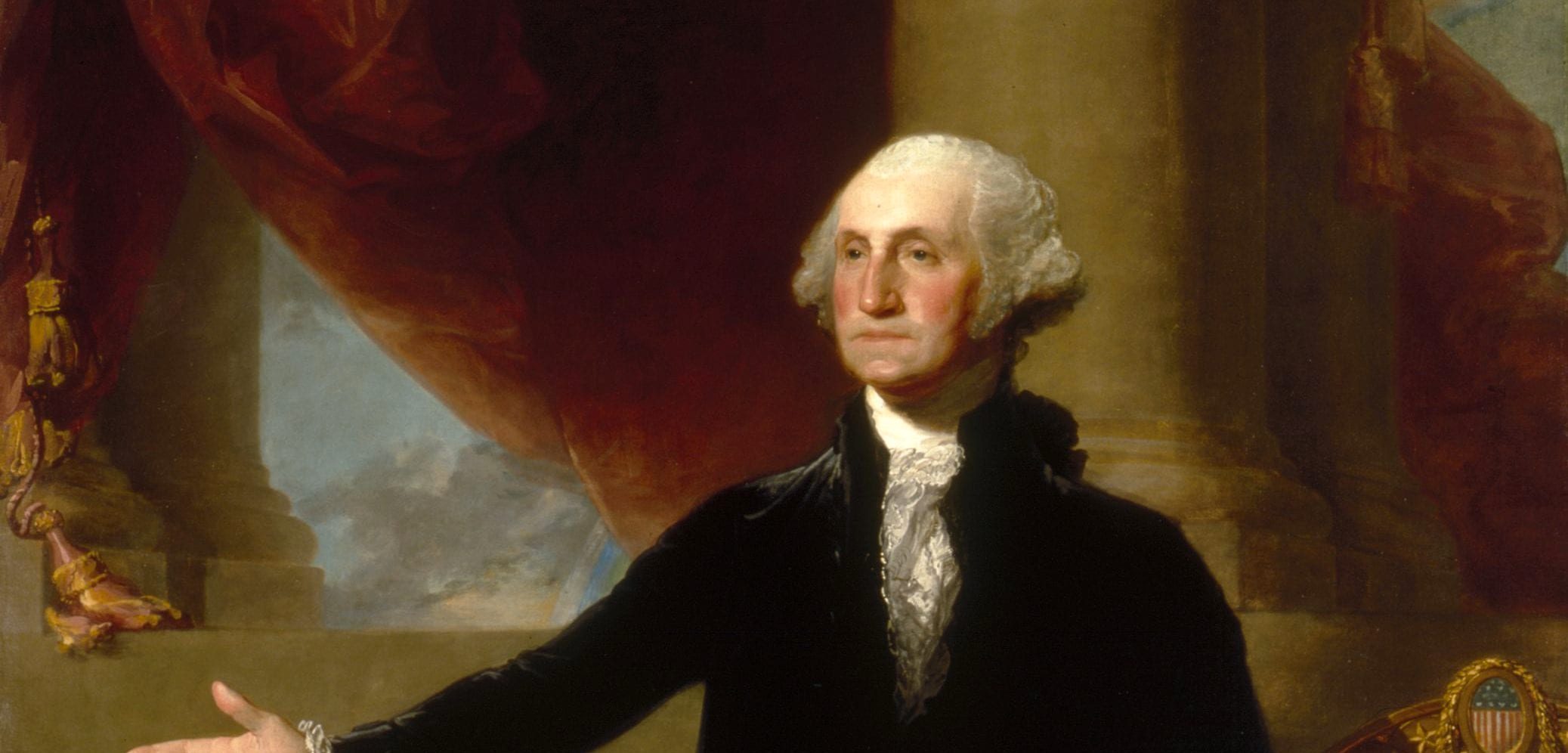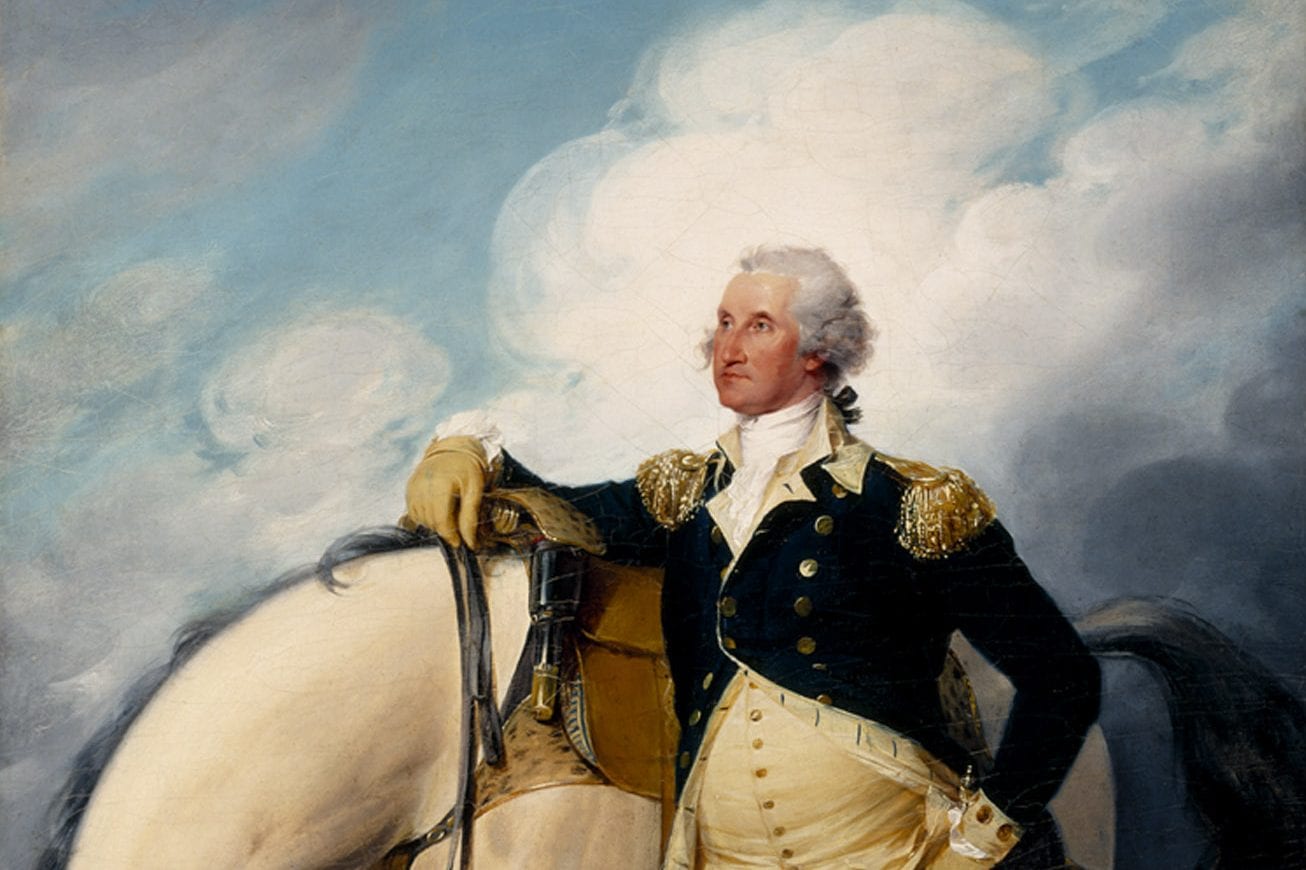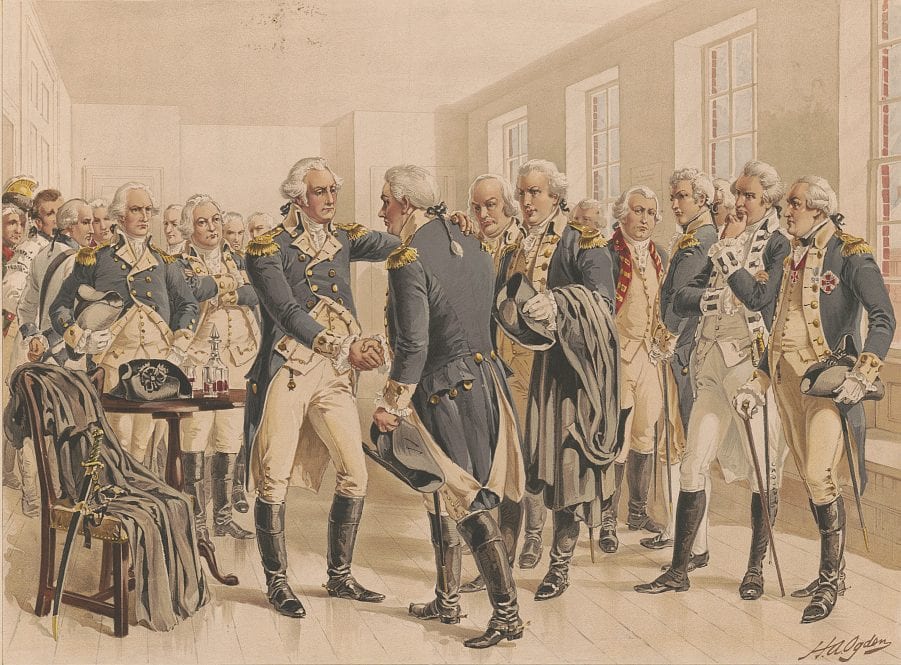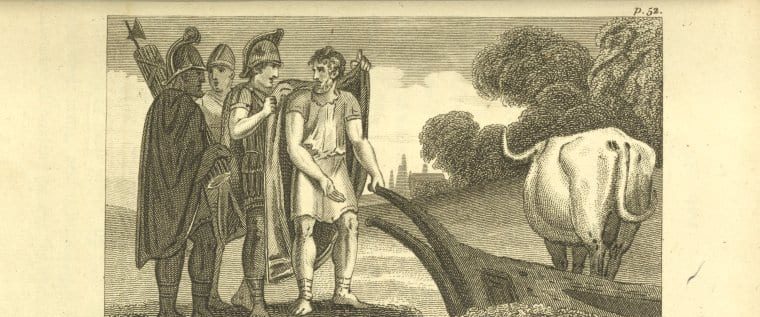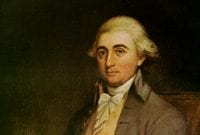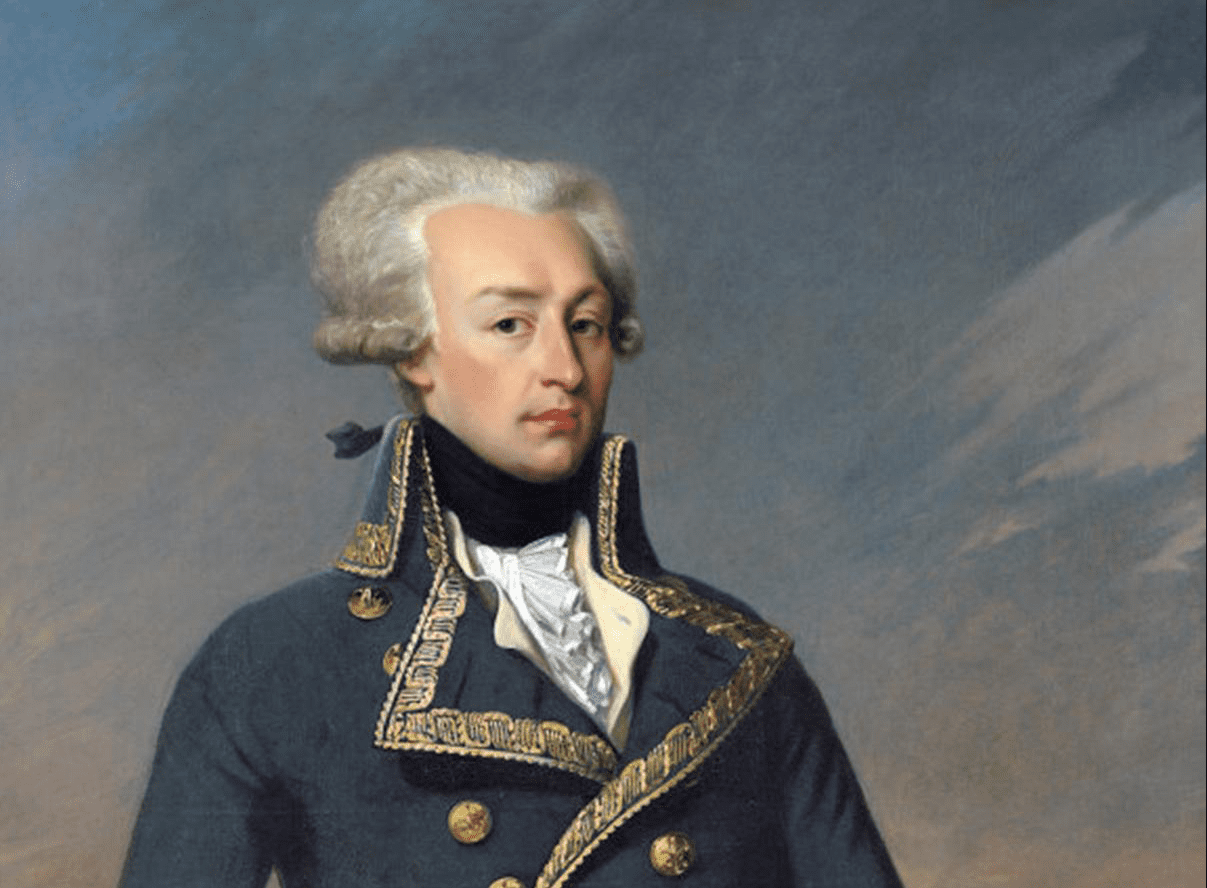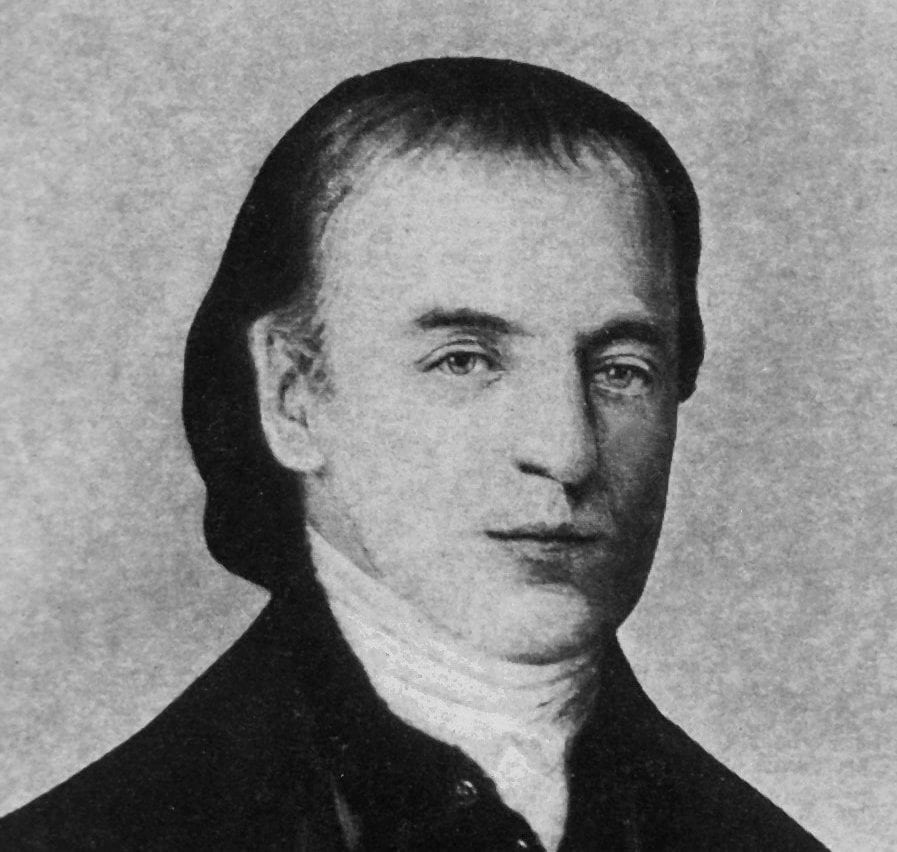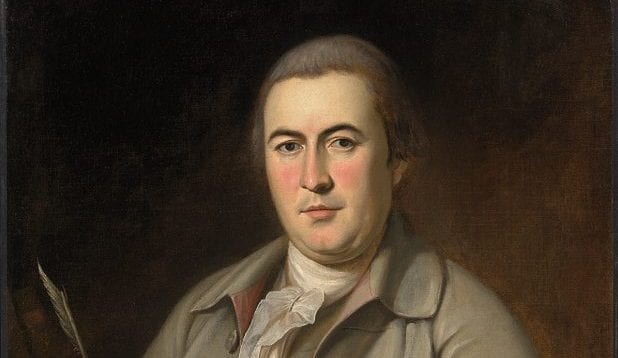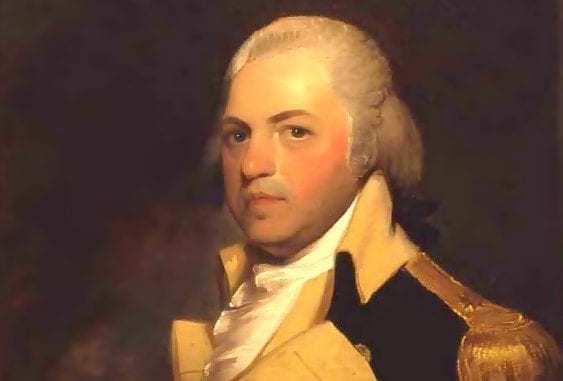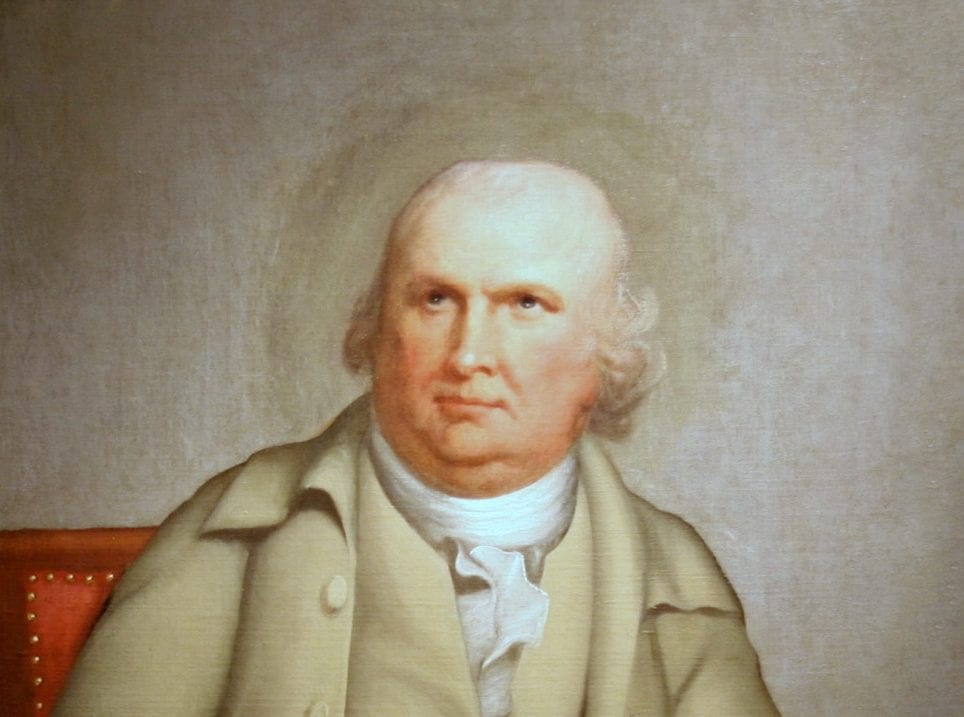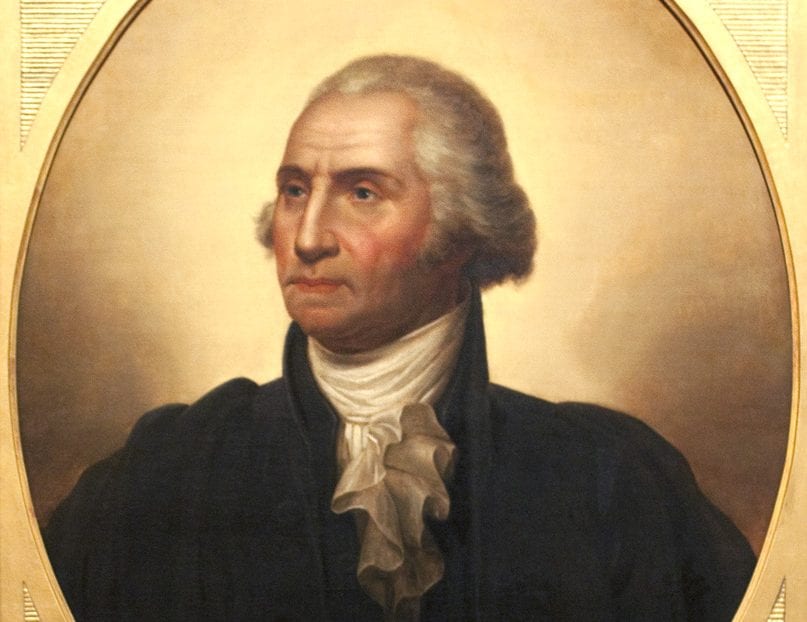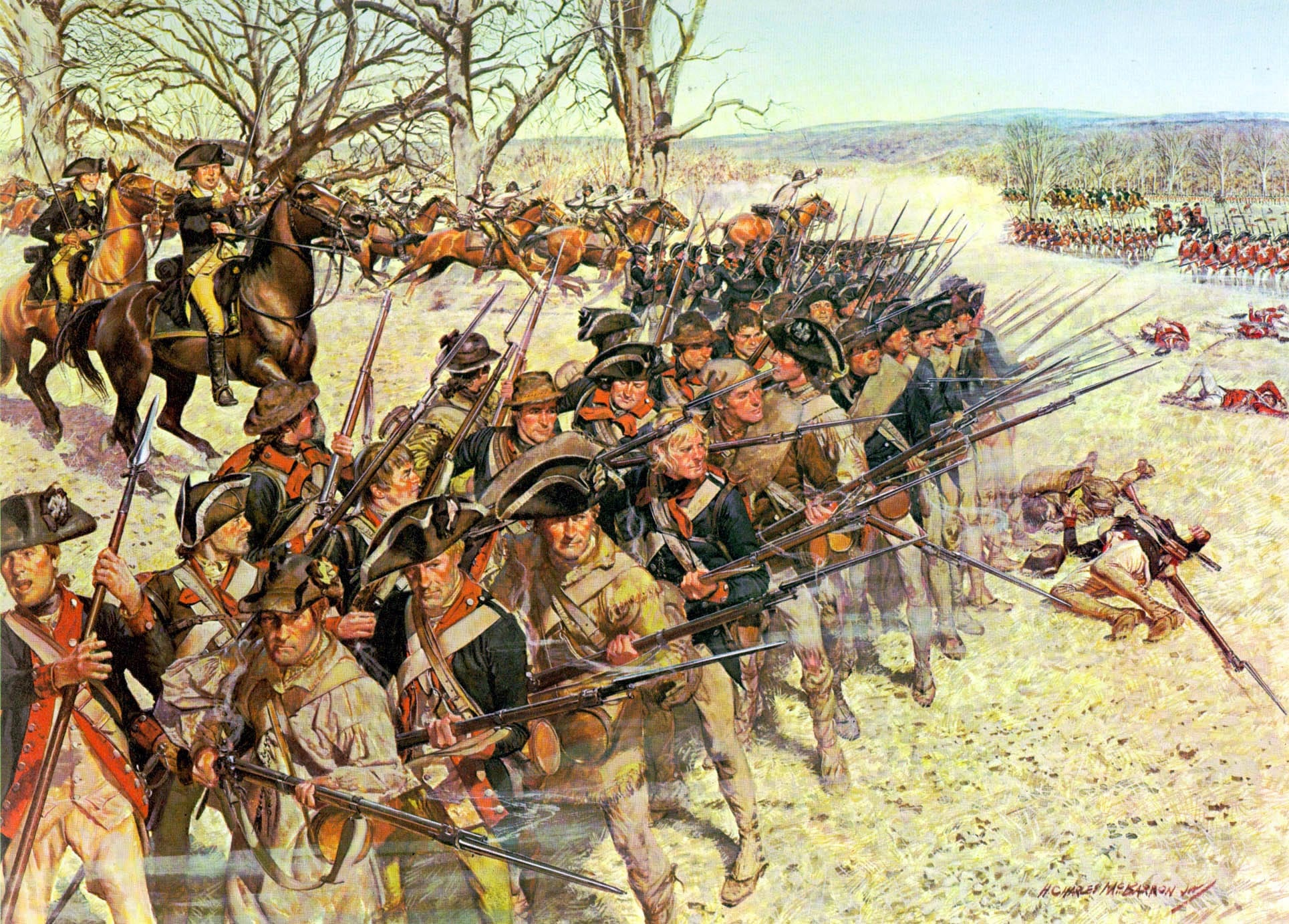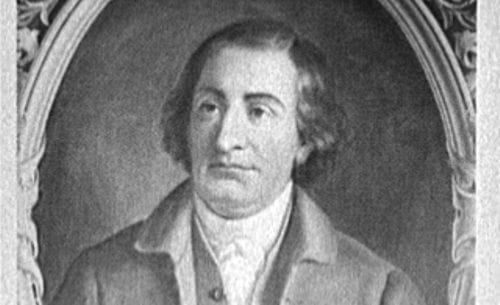Introduction
Elected governor of New York in 1777, George Clinton (1739–1812) served in that capacity from 1777 to 1795 and again from 1801 to 1804. He also served as vice president under both Thomas Jefferson and James Madison, one of only two people ever to serve in that position under two different presidents. While governor of New York, Clinton was part of the Council of Revision, a legal body composed of both executive and judicial officials that could veto legislation enacted by the state legislature. This veto power passed directly to the governor alone after the council was disbanded in 1821.
In this document Clinton explained that he was rejecting a bill that would delegate power to a council of safety with both legislative and executive powers because such delegation was beyond the power of the legislature.
—J. David Alvis and Joseph Postell
Messages from the Governors: Comprising Executive Communications to the Legislature and Other Papers relating to Legislation from Organization of the First Colonial Assembly in 1683 to and Including the Year 1906, with Notes (Albany: J. B. Lyon Company, State Printers, 1909), 113–114. https://teachingamericanhistory.org/0co0
Poughkeepsie, October 9, 1780. Present—Governor Clinton;
Morris, Chief Justice; Hobart, Justice.
A bill entitled “An act for the appointment of a Council to assist in the administration of the government during the recess of the Legislature” was before the Council, which adopted the following objections, reported by Justice Hobart, viz.:
The Council object to the said bill becoming a law of this state, as being inconsistent with the spirit of the Constitution and the public good.
Because, to take the several measures in this bill directed to be taken, the person administering the government, with the Council therein provided, must exercise the powers of legislation; which by the Constitution is vested in the Senate and Assembly, and cannot by them be delegated to others.
Because the person administering the government is by this bill subjected in the execution of his office to the control of a Council, when by the Constitution it is expressly ordained, determined, and declared that the supreme executive power and authority of this state shall be vested in a governor.
Because the said bill is not only repugnant to the spirit and letter of the Constitution, but should the same become a law would, in the opinion of this Council, tend to embarrass government and destroy its present energy.
This bill was not passed over the veto.


